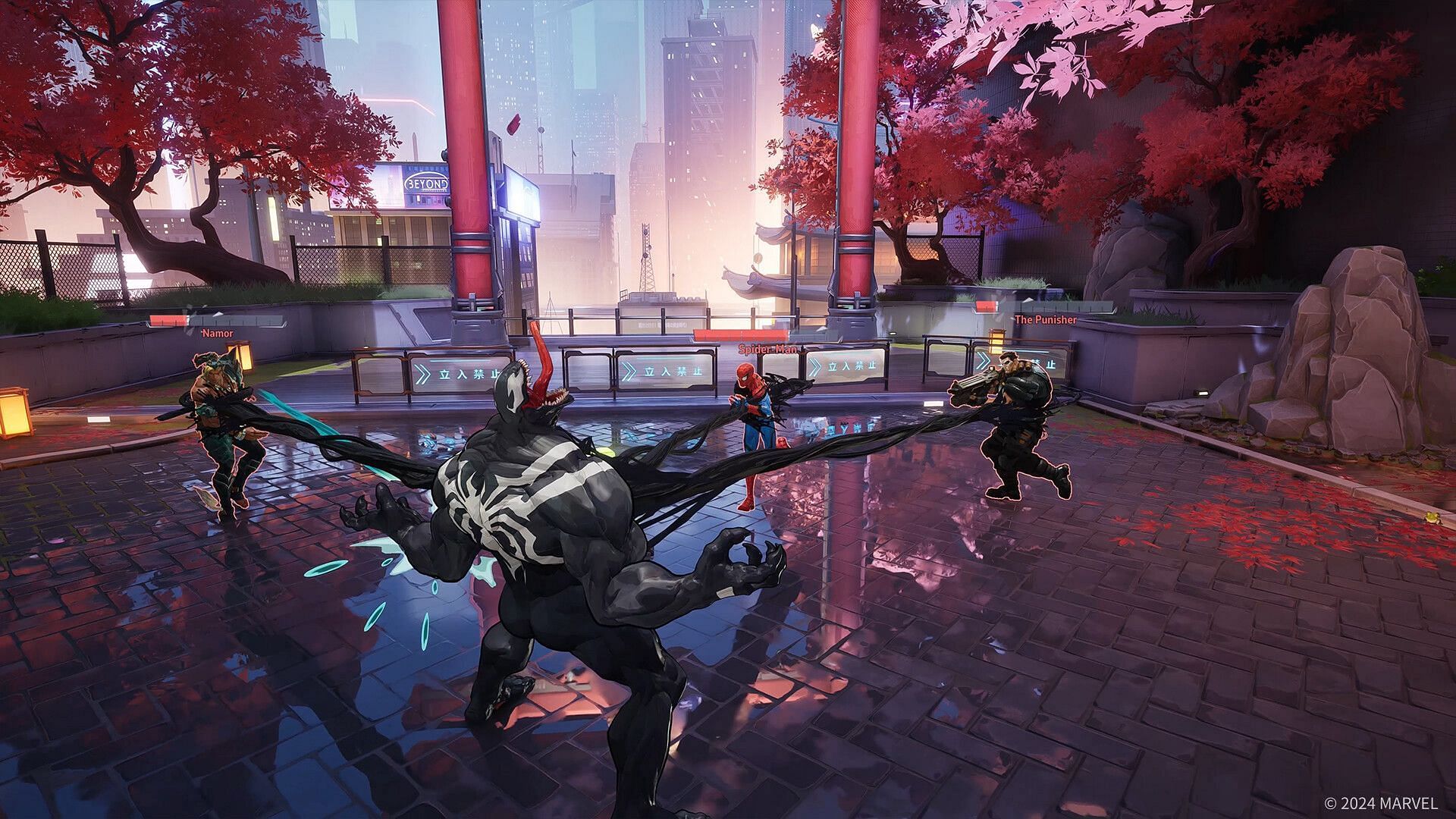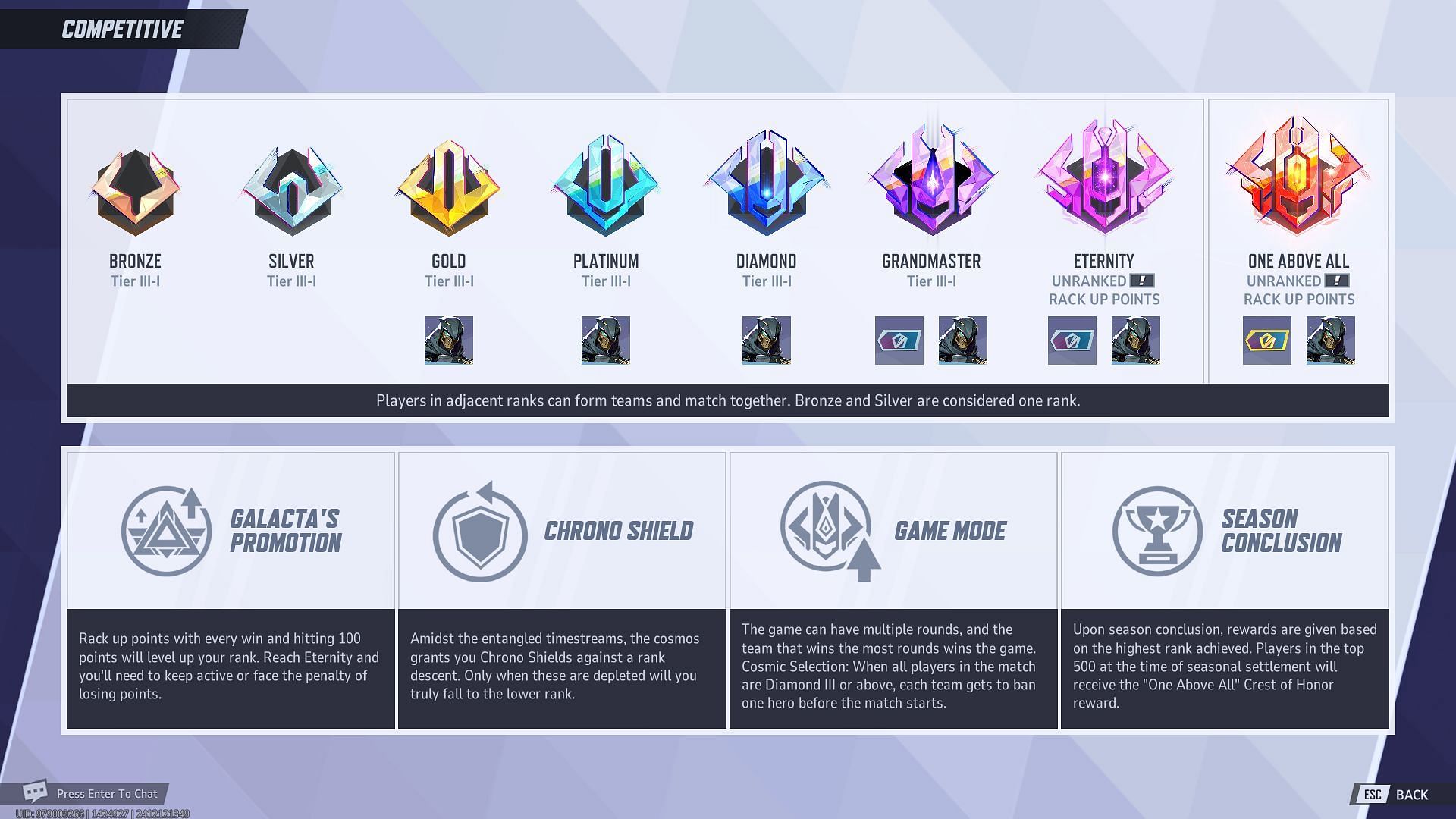Marvel Rivals SBMM: Rigged Or Random? Matchmaking Explained!
Is the matchmaking system in Marvel Rivals truly fair, or is it a rigged game of chance? The reality is, the system, designed to create balanced matches, often delivers experiences that are anything but, leaving players frustrated and questioning the very integrity of the game.
The core concept of skill-based matchmaking (SBMM) is straightforward: pair players with opponents of comparable skill levels. In theory, this should lead to a consistently competitive environment where every match feels close and engaging. However, the practical implementation of SBMM, particularly in Marvel Rivals, has drawn significant criticism, with many players finding the system to be far from perfect.
One of the primary complaints revolves around the perceived lack of relaxation. When players anticipate facing opponents of equal skill in every match, the pressure to perform at their best intensifies. This can lead to a feeling of constant exertion, making it difficult to simply enjoy the game. The expectation of intense competition in every round, rather than occasional relaxed matches, can create a sense of fatigue and detract from the overall fun.
The experience of many players seems to contradict the intended outcomes of SBMM. Some players report a complete lack of balanced matches, experiencing either overwhelming victories or crushing defeats. This inconsistency can be incredibly frustrating, as it undermines the sense of fair play and the ability to improve through consistent competition. The feeling of being repeatedly "stomped" or, conversely, effortlessly dominating matches can indicate flaws in the SBMM algorithm's ability to accurately gauge player skill.
One of the intriguing aspects of Marvel Rivals is its blend of both competitive and casual game modes. Different matchmaking rules apply depending on whether you're in Ranked or Quickplay. In competitive mode, your visible rank (from Bronze to the highest tier) plays a significant role in determining your matchmaking. This is fairly standard for ranked play, aiming to pit players against others within a similar rank range. Quickplay, on the other hand, often attempts to pair players based on a less transparent set of criteria, which could include a hidden skill rating or other factors.
The anecdotal evidence from players is mixed. Some players report feeling that the system is too strict, matching them against opponents who are consistently either much better or much worse. Others believe the system is too lenient, leading to uneven matches and a lack of true competition. There are also suspicions that the initial matches might be against AI opponents, designed to ease new players into the game, followed by a sudden shift to more challenging competition. This can lead to a jarring experience, where early victories give way to unexpected difficulty.
Many believe there's a system at work behind the scenes influencing match outcomes. While SBMM strives for balance, the perception is that it sometimes fails to deliver. Some players have pointed out that the randomness of teammate quality can significantly impact match results. Being paired with less skilled teammates while facing a coordinated, skilled opposing team can quickly lead to frustration, and a feeling of being at a disadvantage. This lack of team balance is particularly noticeable in the early stages of the season. When ranks reset, the system struggles to distinguish between experienced players and those new to the game.
To get a better grasp on the mechanics, let's delve into the specifics of the matchmaking process in Marvel Rivals. SBMM attempts to analyze a variety of stats to determine a player's skill level. This information is then used to create matches where each player has roughly the same chance of winning. This is a key detail: The system's ultimate goal isn't to guarantee a 50/50 win rate for everyone. It's to ensure, to the best of its ability, that each match feels competitive and that the outcome is determined by the players' in-match performance, not solely by the skill of the opposing team.
Matchmaking in Marvel Rivals is a complex endeavor. Factors include individual player performance metrics, overall team composition, and even the specific game mode being played. The system attempts to strike a balance between different considerations. The goal is not only to create balanced matches, but also to ensure that players are matched together quickly and efficiently. To keep players engaged, the game must strike a delicate balance, while still maintaining competitive integrity.
But that's not the end of the story. A series of wins may be followed by a losing streak. This cyclical nature is due to the adjustments that SBMM makes as it gathers data on a player's performance. This system is constantly learning and adapting to the player's skillset. It can take some time for the game to fully understand a player's skill, leading to periods where matches may feel unbalanced. The more matches you play, the more data the system has, allowing it to refine its matchmaking decisions and provide fairer matches.
Sometimes, it feels like the matchmaking system is completely random. You may encounter players of vastly different skill levels, with teammates whose skill levels vary wildly. This lack of balance can be frustrating, as it detracts from the feeling of fair play and the opportunity to hone your skills in a consistently challenging environment. In addition, it may introduce an element of luck, which can be perceived as unfair.
The effectiveness of SBMM is further complicated by team compositions. In the event of teams being imbalanced, it's not uncommon to be placed against a coordinated team of highly skilled players, while your own team may consist of random players. This disparity can result in one-sided matches. Additionally, the system might struggle to account for the synergy between players. Two players who communicate effectively and work well together may outperform their individual skill ratings. This creates additional challenges for the SBMM system to accurately assess the true skill level of each team.
As players progress through the ranks, the pressure to maintain a high win rate and climb the leaderboards can heighten the perceived importance of SBMM. The competitive atmosphere is further intensified by the desire to prove their skill and attain recognition. Players begin to analyse their own performance. This desire to win can cause frustration when the system fails to deliver a match. It can also lead to situations where players focus on short-term gains. This can hinder the long-term development of their skills and understanding of the game.
It is important to consider that there are two sides of the coin. On one hand, SBMM is designed to make the game more engaging. It can prevent players of vastly different skill levels from being pitted against each other. This can help to create a more welcoming environment. In this setting, new players or those with limited experience can learn the game at their own pace. On the other hand, SBMM can result in longer matchmaking times as the system struggles to find appropriate opponents for each player. This can be detrimental to the overall experience, especially during off-peak hours or in less popular game modes.
It's also important to note that Marvel Rivals, like any online game, is subject to the human element. Even the most sophisticated SBMM system can't account for every variable. Communication and cooperation among players can be critical to success. On the other hand, a player's individual performance can fluctuate due to any number of factors, including external distractions. The system's accuracy is further challenged by factors such as lag or connection issues. All these factors can influence the outcome of matches and make it difficult to assess true player skill.
Finally, it is important to remember that the success of any SBMM system is dependent on the size and activity of the player base. In games with a large and active player base, the system has a greater pool of players to draw from, which can make it easier to create balanced matches. In games with smaller player bases, the system may have to make compromises, leading to less balanced matches. The future of Marvel Rivals will depend on the developers' ability to balance these competing needs.


